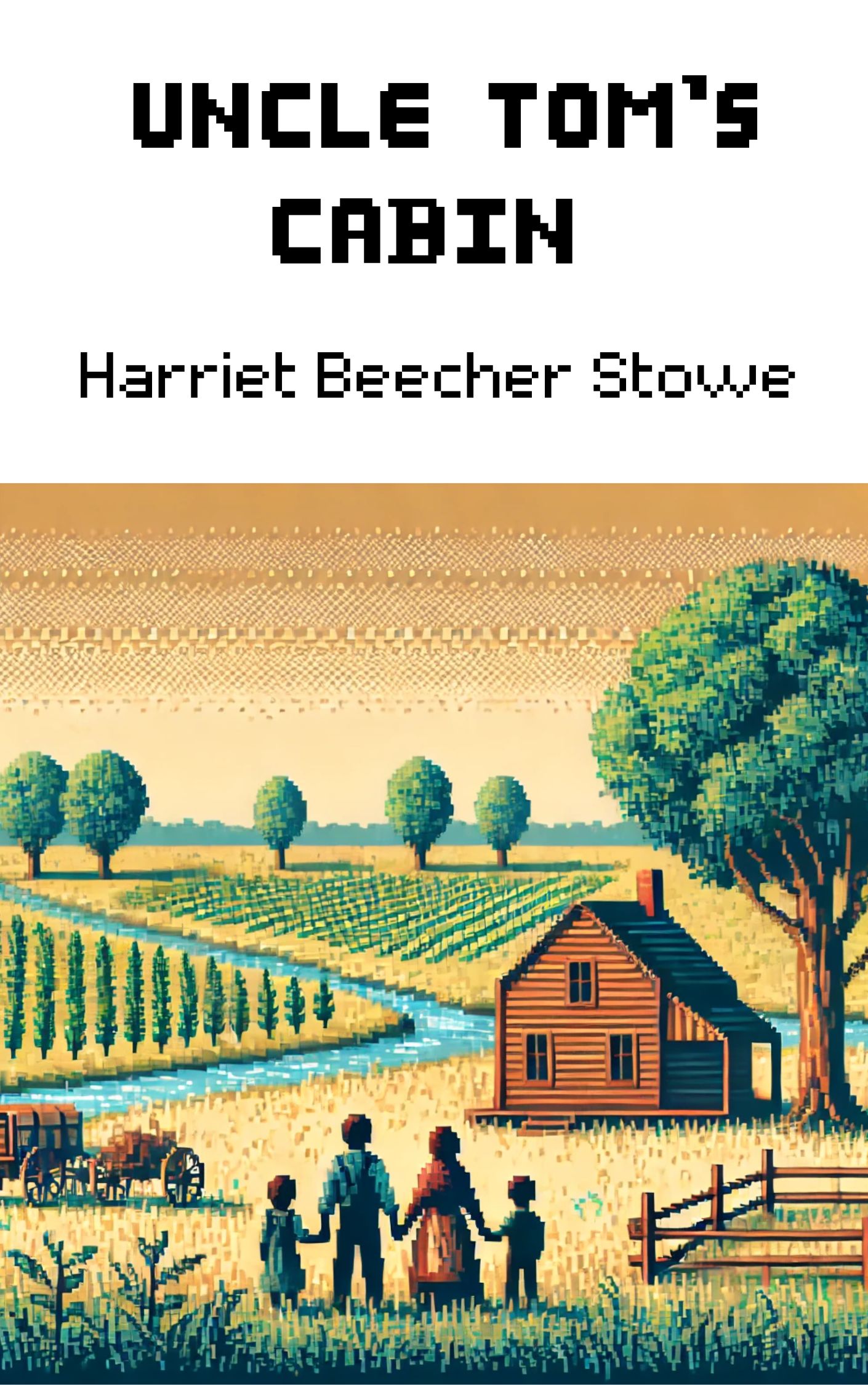Uncle Toms Cabin
by Harriet Beecher Stowe
The account of several slaves who are sold to new owners after their current owner experiences financial hardship.
Read in 45 emails
Get access to our entire book collection
$4.99 / month

Description
Faced with the possibility of financial ruin, slave owner Arthur Shelby decides to sell two of his slaves: Uncle Tom and a young boy named Harry. Eliza, Harry’s mother, makes the decision to run away while Uncle Tom decides that his moral duty is to submit to his master and cooperate with the sale. The story follows the diverging lives of these two slaves—Eliza’s flight to Canada and Uncle Tom’s journey into the deep south.
Eliza is accompanied by her husband, George, who also escaped from his owner at the same time. Together they must outrun bounty hunters and somehow make their way to freedom. Uncle Tom, on the other hand, must face the uncertainty of new owners and separation from his family, while somehow remaining true to his religious faith.
Upon its release, Uncle Tom’s Cabin sparked immediate criticism from slave owners and praise from abolitionists. Its influence was such that one apocryphal story claims that Abraham Lincoln, upon meeting Stowe, stated “so this is the little lady who started this great war.”
The book remains controversial, with critics pointing to Uncle Tom’s passive nature and the extensive use of racial stereotypes. Despite this, the novel’s influence is undeniable, and it helped pave the way for modern protest literature.